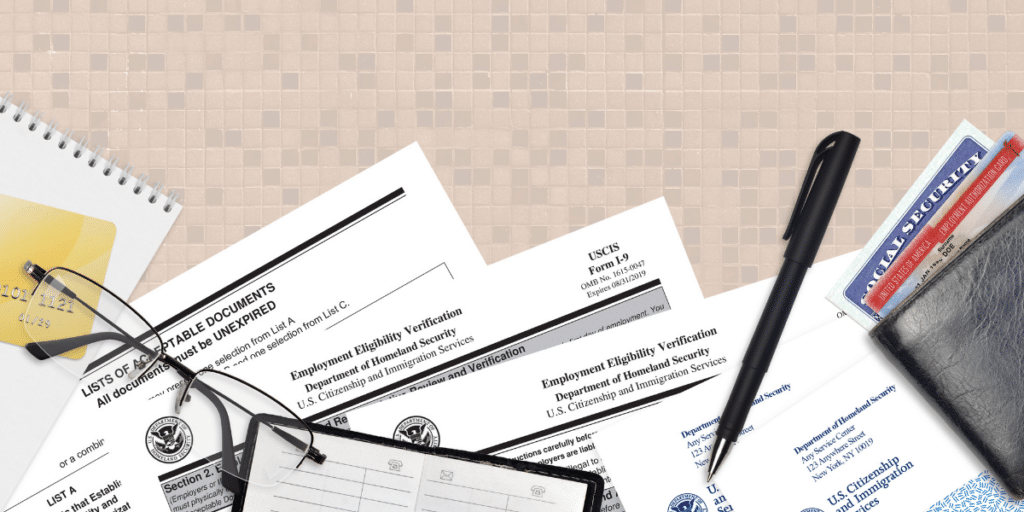Collecting a debt can be both frustrating and challenging, especially when you’re unsure of the best approach to reclaim what’s rightfully yours. Effective debt collection is essential not only for maintaining your financial health but also for fostering positive business relationships. At Dozier Miller Law, we understand the intricacies of debt collection in North Carolina and are committed to guiding you through every step of the process.
Step-by-Step Guide to the Debt Collection Process
Initial Assessment
The first step in collecting a debt is to evaluate the situation comprehensively. This involves understanding the nature of the debt, the debtor’s financial status, and their willingness to pay. It’s crucial to gather all relevant documentation, such as contracts, invoices, and correspondence, to support your claim.
Communication Strategy
Initiating communication with the debtor is key. Start with polite and professional phone calls or emails to remind them of the outstanding debt. Ensure that all communications are well-documented. Keeping records of these interactions can be invaluable if the situation escalates to legal proceedings.
Demand Letter
If initial communications do not result in payment, the next step is to send a formal demand letter. This letter should clearly state the amount owed, the deadline for payment, and the consequences of non-payment. A well-crafted demand letter often prompts a debtor to settle the debt to avoid further legal action.
Initiating Legal Action
When all other efforts fail, it may be time to consider legal proceedings. Determine the appropriate court to file your complaint with. In North Carolina, small claims court handles cases involving debts of $10,000 or less. For larger amounts, you may need to file in district or superior court.
Submit your complaint to the clerk of court in the appropriate jurisdiction. There is typically a filing fee, which varies depending on the court.
Note: Before proceeding to court, consider mediation as an alternative. It can be a less adversarial and more cost-effective way to resolve disputes.
Serve the Debtor
Once filed, the complaint must be served to the debtor. This is a crucial step, as it officially notifies them of the legal action. Service can be carried out by the sheriff’s department, a process server, or through certified mail.
If the debtor contests the claim, the case may proceed to a court hearing where both parties present their evidence. The judge will then make a ruling based on the merits of the case.
Potential Outcomes
If you win the case, the court will issue a judgment in your favor. This judgment can be enforced to collect the debt, such as through bank levies or property liens. There are several potential outcomes to a court case, and the best course of action will depend on your specific situation.
Some outcomes include:
- Settlement: Sometimes, the filing of a complaint prompts the debtor to settle the debt before the court date.
- Payment in Full: Ideally, the debtor will pay the amount owed after a judgment is issued.
- Collection through the Sheriff: If the debtor does not pay after you win in court, the Sheriff can collect on the Judgment by taking certain assets from the debtor.
Legal Insights into Debt Collection
There are specific laws and regulations that govern the debt collection process, and it’s crucial to understand these before initiating any legal action. These include:
- Fair Debt Collection Practices Act (FDCPA): This federal law sets guidelines for how certain debt collectors can legally communicate with debtors. It prohibits practices such as harassment, misrepresentation, or threatening behavior.
- Statutes of Limitations: Timing is critical in debt collection. In North Carolina, the statute of limitations for debt collection varies depending on the facts. Knowing these timelines is essential to avoid losing the right to collect a debt.
- Response Time: After being served, the debtor has 30 days to respond to the complaint. If they fail to respond, you may request a default judgment.
- Bankruptcy Laws: If a debtor files for bankruptcy, there may be restrictions on your ability to collect the debt.
Importance of Hiring a Lawyer When Collecting Business Debts
Debt collection can be a complex and frustrating process. Working with an experienced attorney can make all the difference in achieving a successful outcome. A skilled attorney can guide you through each step of the debt collection process, ensuring that your rights are protected and maximizing your chances of receiving payment. They can also provide valuable advice on alternative dispute resolution methods, such as negotiation or mediation, which may save time and resources in the long run.
Common Mistakes in Debt Collection
When attempting to collect a debt, it’s important to avoid common pitfalls that can hinder your chances of success:
Premature Legal Action
Rushing to litigation can be costly and damaging to relationships. Exploring alternative dispute resolution options, such as mediation, can often lead to a more amicable settlement.
Inadequate Documentation
Thorough documentation is the backbone of successful debt collection. Make sure to gather all relevant information and keep records of all communications with the debtor.
Overlooking Debtor Communication
Effective communication is key to resolving debt issues. Failing to engage constructively with debtors can exacerbate the situation. Regular, professional communication often leads to a quicker resolution.
Failure to Follow Up
Don’t assume that a judgment or payment plan will automatically result in payment. Stay proactive in following up with the debtor and enforcing any court orders if necessary.
Violation of Debt Collection Laws
Failing to comply with debt collection laws can lead to legal repercussions, such as fines or lawsuits. It’s essential to stay informed about these regulations and ensure compliance throughout the process.
Frequently Asked Debt Collection Questions
What is the typical timeline for collecting a debt?
The timeline can vary based on the debtor’s responsiveness and the complexity of the case but generally spans several weeks to months.
How much does it cost to hire a debt collection attorney?
Costs can vary, so it’s essential to discuss fees upfront.
What are the chances of recovering debt through legal action?
While legal action increases the likelihood of recovery, it’s important to weigh the potential costs and benefits with your attorney.
How can I improve my chances of successful debt recovery?
Maintaining a thorough documentation trail, communicating effectively, and seeking professional legal advice are key to maximizing recovery chances.
Working with a Debt Collection Attorney
Navigating the debt collection process can be complex, time-consuming, and emotionally draining. At Dozier Miller Law, we have extensive experience in handling all types of debt collection cases. Our team of skilled attorneys will guide you through each step of the process and help you maximize your chances of successfully collecting what’s owed to you. Contact us today for a consultation and let us help you get the results you deserve.

CATEGORIES
Contact an Attorney
Our attorney offer specialized guidance and representation in a variety of practice areas.

REMEMBER: Always speak with your own attorney
This information is provided for informational purposes only; it is not offered as and does not constitute legal advice.
More Insights and Resources
Learn more about what to expect when facing a family law dispute in Charlotte, North Carolina from Family Law attorneys at Dozier Miller Law Group
Protect What Matters Most: Estate Planning for Every Stage of Life
Thinking about the future doesn’t always come naturally. Many of us get caught up in the day-to-day,…
Will a Separation Protect Me Financially?
Separation is never easy, especially when financial questions start piling up. Can you protect your savings? Will…
Practical Custody Arrangements for Families
Trying to figure out custody arrangements? You’ve probably come across terms like joint custody, primary custody, and…
Future-Proof Your Business Against Form I-9 Changes
Running a business is no small feat. Between managing your team, keeping customers happy, and planning for…
When Do You Need an Attorney for a Breach of Contract Case?
Contracts are the backbone of any good business relationship. They bring clarity, set expectations, and hold everyone…
Navigating Immigration Changes and Their Impact on Employment Law
No matter the size of your business, immigration law affects your ability to hire and retain the…
LGBTQ Families and Stepparent Adoption: What You Need to Know in North Carolina
As a family law attorney in North Carolina, I’ve seen many parents assume that their legal status…
What to Do When You Get a Bad Google Review
If you’re a Charlotte business owner, you know just how important your online reputation is. Around 98%…
Managing Your Immigration Status in 2025
The 2024 election brought significant shifts to U.S. immigration policy, many of which have already begun reshaping…
Plan Now for Summer Child Custody Arrangements
It might not feel like it, but summer break will be here before you know it. For…










